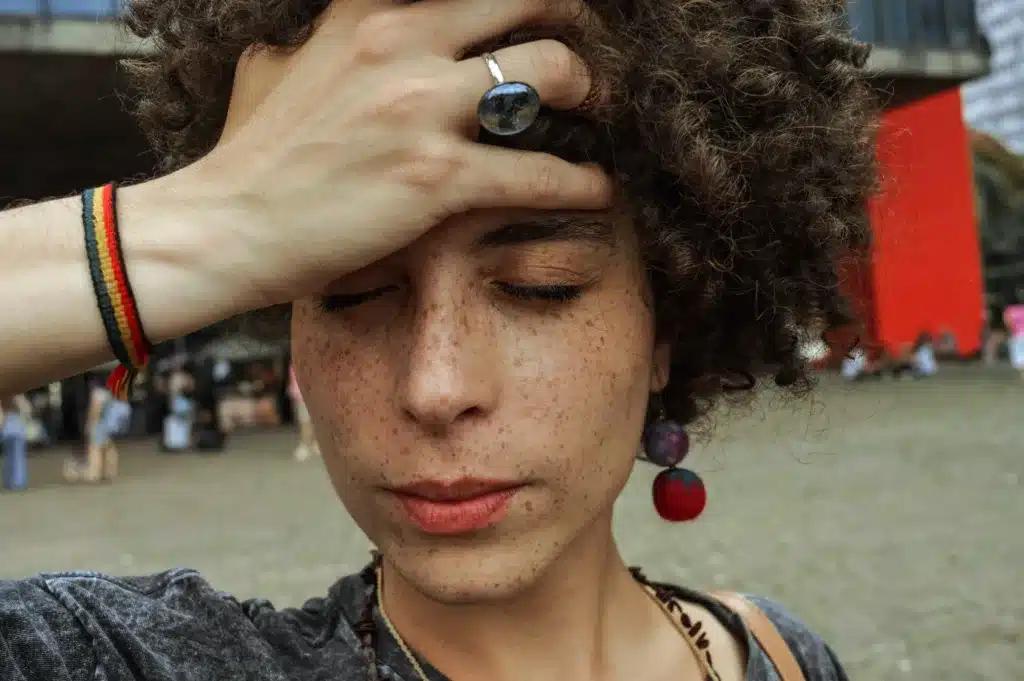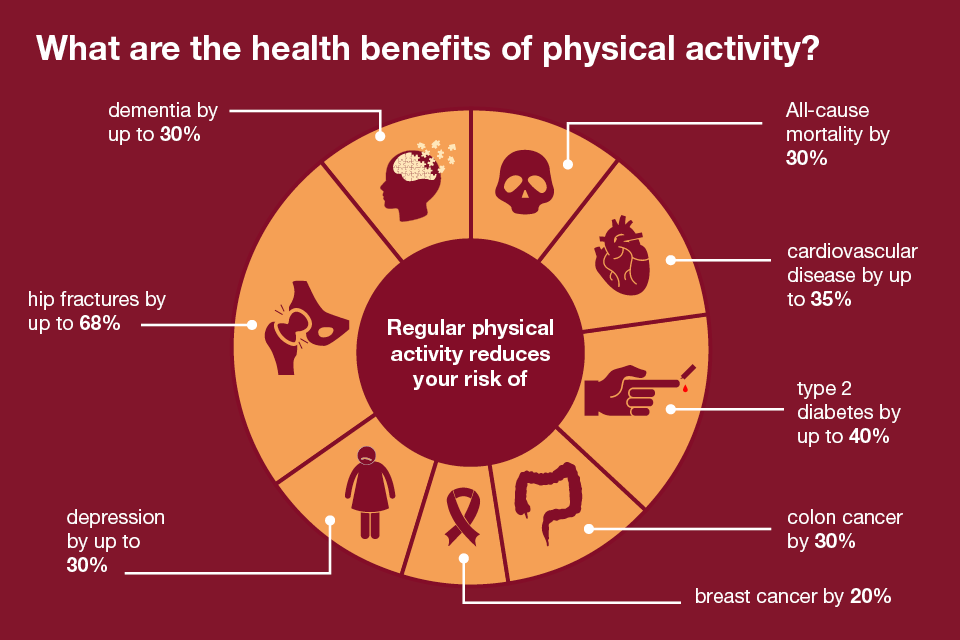The cost of living
How often do you consider the cost of actually living – I don’t mean in pounds and pence, I mean to sit down and contemplate what it is you actually do with yourself, how you spend your time, what goes into your body and your mind, day in, day out?
It’s likely to be a cursory thought whilst you’re having a day off or a holiday and you just think – “what shall I do today?”, or “what shall I have for breakfast/lunch/dinner”, right?
In this blog I wanted to explore some of the things we do and how they can affect us. Where possible, I’ve tried to suggest a solution to the problem.
Work
For the majority of us, work (whatever form it takes) is the thing we do that occupies most of our time. Maybe you spend your day in a contorted position doing your job? maybe at a desk or maybe you’re dealing with power tools, lifting and shifting things around repetitively? Whatever it is, if you do it for long enough, it will have a detrimental effect.
The Health & Safety Executive (HSE) estimate that in 2021/22, 1.8 million workers said that they “were suffering from an illness they believed was caused or made worse by their work and 565,000 workers sustained a non-fatal injury at work.” That’s quite something isn’t it?
The location of the injuries will obviously vary depending upon what the occupation is and how often the person works in that role, and how long the person has been doing it.
From a logical point of view, it makes sense to think that finding a job that matches your physical abilities and intellectual aims is the right thing to do. Without taking care of this part of your life, you become more prone to injuries, either due to hazards within the job itself, or from the lack of focus on your job leading to misuse of your body. Your mental health will also often suffer.
Mental Health
People have emotional struggles in many forms throughout their lives, which can start from childhood and follow them into adulthood. There are some types of mental health issues which can pervade our day to day existence even when we think we have ‘dealt’ with the apparent ‘problem’.
Make sure you take time to reflect on any apparent issues that you have yourself and in doing so, know that you are not just relaxing your mind, but also your physical body. You may need to speak to a healthcare professional that helps with this, more of which I mention below.

In fact, “Research shows that people with a mental health problem are more likely to have a preventable physical health condition such as heart disease.”
The Mental Health Foundation say that “physical health problems significantly increase our risk of developing mental health problems, and vice versa. Nearly one in three people with a long-term physical health condition also has a mental health problem, most often depression or anxiety.”
This means that there is a reciprocal link between your physical and mental health status, so those who have a physical health problem, often have a mental health problem and vice versa. We need to make sure we take better care of ourselves, don’t we.
Mental Health, what can be done?
So what to do about it? – that’s the question! Sadly, I can’t answer that as the breath of the subject is too vast and something of which I know relatively little about (not my specialist area), but I can suggest taking a look at some of the free online resources available though, try this from the ieso therapy website which is free to all NHS patients and don’t be afraid to pick up the phone and ask for help from those that work in this specialised are and that are local to you.
Maybe pluck up the courage to join a local social group or volunteer group as merely increasing your circle of contacts can help too. This research shows that “Social connectedness was found to be a stronger and more consistent predictor of mental health year-on-year than mental health was of social connectedness”. Meaning that if you want to remain mentally healthy, be a part of a social group of some kind – interesting huh? Sadly it also indicates that those of us not connected so well socially are more likely to suffer poor mental health. Perhaps call in on that neighbour or friend you haven’t seen for a while, it’ll most likely do both of you the world of good!
Diet

The old phrase ‘you are what you eat’, is known these days simply as “healthy eating”, but is nonetheless true to form and the mantra of every health conscious person. We’re all allowed to have the odd slice of whatever we fancy at the weekends of course!
Ok, so before we start, full disclosure, I’m not qualified to give dietary advice, as I’m not a dietician. However, I think we can all understand that eating foods that are high in simple sugars, highly/ultra processed foods (crisps, cakes, tinned meat etc) is not a clever thing to do as it can ultimately lead us down the path of obesity, cardio-vascular disease and type 2 Diabetes.
In fact, even worse than that, research published in January 2023 says “our findings show that higher consumption of ultra-processed foods is associated with a greater risk of overall cancer and specifically ovarian and brain cancer, as well as increased risk of overall, ovarian, and breast cancer-associated mortality.”
So in short, eat fruit, veg and freshly cooked meat (if you’re carnivorous), or other vegetarian options, which are not highly processed. Always use fresh ingredients, cook all things from scratch and where possible, keep it organic. Pesticides and the drugs given to animals consumed at the food table are nasty things to take into our bodies, with the World Health Organisation (WHO) saying that pesticides “may induce adverse health effects including cancer, effects on reproduction, immune or nervous systems”.
So, to put it concisely, a healthy diet gives you adequate nutrition, helps you maintain a healthy weight and is therefore related to our physical health, which means that (as mentioned earlier) it’s related to our mental health too.
Physical Health
Physical health then, relies upon a satisfactory (for you) work environment, a decent state of emotional balance and a healthy, well balanced diet. But is that all? What about the other things that occur in our lives? our hobbies and other tasks that crop up in day to day life?
Many people have hobbies which involve contact or potential contact with a person or object that may bring harm to their person. These include team sports such as football or rugby, solo sports such as mountain biking or rock climbing and believe it or not, doing absolutely nothing! Yes, you read that right, not doing any exercise at all is probably one of the worst ways to treat your body.
According to the Centres for Disease Control & Prevention (CDC), there are notable effects of not getting enough activity, they include: “Heart disease, Type 2 Diabetes & many types of Cancer”
In the U.K. “physical inactivity is associated with 1 in 6 deaths in the UK and is estimated to cost the UK £7.4 billion annually (including £0.9 billion to the NHS alone). Around 1 in 3 (34%) of men and 1 in 2 (42%) of women are not active enough for good health” (gov.uk).
There are many benefits of regular physical activity, which include:
- Improved sleep.
- Increased ability to perform everyday activities.
- Improved cognitive ability and a reduced risk of dementia
- Improved bone and musculoskeletal health.

The UK Chief Medical Officers’ Guidelines recommend each week adults do:
- at least 150 minutes moderate intensity activity, 75 minutes’ vigorous activity, or a mixture of both
- strengthening activities on two days
- reducing extended periods of sitting
Take time to look after your physical health, even a 30 minute walk per day is better for you than not doing anything at all.
How we can help
There are a number of ways in which we can help you, here at Baks Osteopathy:
- We provide you with pain relief and advice relating to physical ailments of your body, such as neck pain, back pain, shoulder pain and so on, in fact come to us for help with any pain related problem and if we can’t help you, then we will refer you on to someone who can.
- We can help relieve stress related tensions and certain types of headaches.
- We provide you with a relaxing treatment session designed to help your body function better than it would do had you not been to see us. We achieve this by using the principles of Osteopathy including ‘Structure governs Function’.
If your joints and muscles aren’t functioning as they should, then the organs that are connected to them (via a network of nerves and blood vessels) won’t function properly either, leading to sub-optimal health.
Remember, getting yourself physically able to move without pain should be your priority. If you can do this, then you can get moving enough to feel more confident in your abilities, paving the way to improving your physical and mental health.


